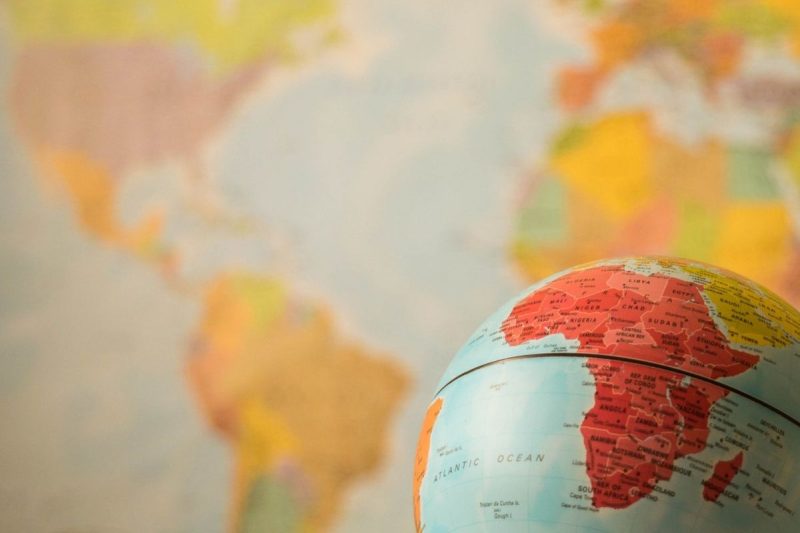The United Arab Emirates (UAE) has emerged as a top destination for African gold that is being smuggled out of the continent with a value estimated in the billions of dollars, according to a recent study. The attraction of the UAE as a hub for this illegal trade stems from the ease of business and less stringent import regulations, coupled with high market demand.
Data from the United Nations’ Comtrade and the African Union implicate the UAE as the primary destination for gold exports from countries such as Burkina Faso, the Democratic Republic of Congo, and Sudan, among others. These countries are known for their weak governance structures, worrying security situations, and underdeveloped gold mining sectors, making them attractive origins for illicit gold smuggling. The gold is often extracted in violation of labor rights, environmental protection standards, and legal frameworks, with severe implications for development and stability on the African continent.
The study suggests the economic potential of the African gold industry is immensely underutilized, given that billions of dollars’ worth of gold are smuggled out of the region annually rather than contributing to the local economies. Furthermore, this clandestine industry invariably supports and perpetuates criminal activities, corruption, and internal conflicts.
The life cycle of smuggled gold begins in African mines, often under hazardous conditions for miners. There are reports of human rights abuses, including child labor, substandard safety measures, and extreme work hours. After extraction, the gold undergoes rudimentary processing then smuggled out of the country without any recorded export. Middlemen and fictitious companies aid in obscuring the origin of the gold before its arrival on the global market.
On reaching the UAE, the gold is usually sold to refiners who then melt it down, thereby creating an entirely new piece of gold, devoid of any incriminating origins. This gold ends up as jewelry or gold bullion and is sold as ‘imported from the UAE’, further obfuscating its illegal and unethical journey. It is estimated that more than half of the UAE’s gold imports come from Africa, with a significant portion believed to be smuggled.
There is little doubt that this trade contributes to the perpetuation of corruption and conflict in the regions where the gold is mined. It also results in substantial tax revenue losses for origin countries, which in turn impede sustainable development efforts.
There are numerous international and regional initiatives aimed at curbing the illicit gold trade, creating transparency, and ensuring the rights and safety of workers. Yet these often fall short due to a lack of international cooperation and the challenge of monitoring complex global gold supply chains. The fact remains that without significant demand from wealthier nations such as the UAE, the commercial viability of African gold smuggling would be vastly reduced.
The UAE, as a crucial part of this supply chain, has begun taking steps to combat this issue. In 2020, the UAE passed the federal law for regulating and developing the precious metals sector, which aims to ensure sustainable development and enhances transparency and security levels in the precious metals sector.
The multi-faceted nature of this issue requires an internationally coordinated response. It is crucial that global actors commit to enforcing laws and regulations that uphold transparency, accountability, and respect for human rights within global gold supply chains. Only then can the tide turn on the illicit gold trade, allowing the economies of African countries rich in gold resources to truly benefit from their natural wealth.
